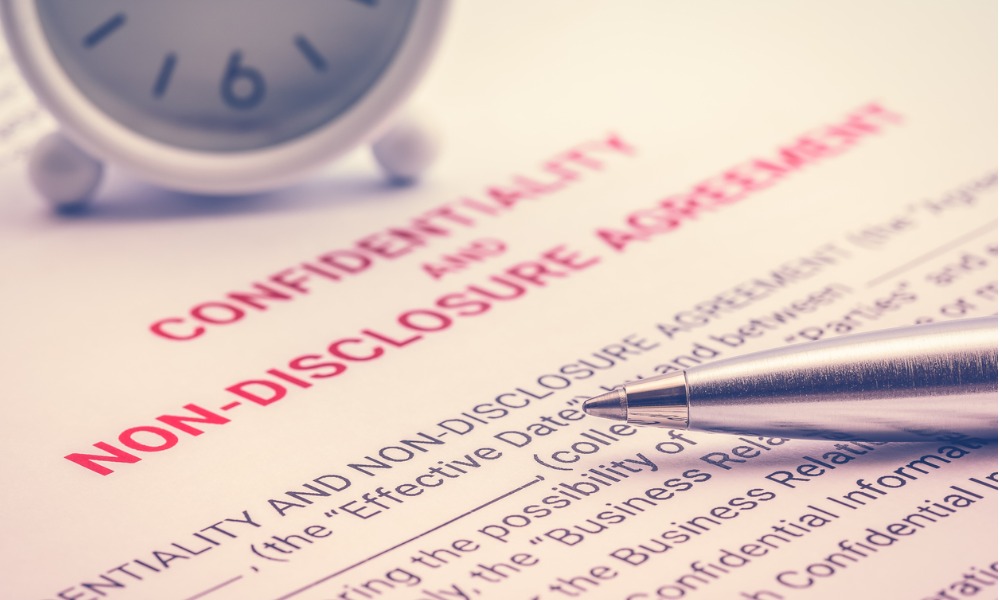
Mutual non-disclosure agreements and non-disclosure agreements both protect confidential information. Is there a difference in using an MNDA vs an NDA? Read on to find out

In the United States, protective sensitive information is of maximum significance. It is in this context that mutual non-disclosure agreements (MNDAs) and non-disclosure agreements (NDAs) play an essential function. These legal tools are vital to prevent the unauthorized sharing, use, or disclosure of treasured corporate secrets and techniques.
By having a well-written and properly-crafted NDA in place, corporations can make certain that their exclusive facts remain safe.
It is vital to take steps to ensure that your personal records are protected. An important step in shielding your facts is to establish the difference between an MNDA vs an NDA.
If you want to know why is a mutual NDA important, and it's benefits learn more here.
MNDAs and NDAs serve as crucial legal tools to safeguard sensitive information. However, their applications and purposes differ from each other.
In business ventures and negotiations, both parties establish a commitment through an MNDA. This agreement ensures the confidentiality and protection of sensitive information. It is commonly used to safeguard valuable data.
The MNDA offers a number of benefits. It safeguards intellectual property and fosters trust by reducing risks. It also encourages collaboration and ensures compliance with data protection regulations. The agreement allows for customization options and establishes clear expectations while effectively documenting confidentiality terms.
A Non-Disclosure Agreement (NDA) establishes a "relationship" and regulates the exchange of sensitive information. NDAs are widely used in various settings and can be either unilateral or mutual agreements. Under these agreements, both parties agree not to disclose specific information without proper consent or authority.
Having an NDA has several advantages:
In addition, an NDA allows for documenting confidentiality terms.
When comparing unilateral and bilateral NDAs, the primary distinction lies in how secrecy responsibilities are allocated among the parties.
In a mutual NDA, both sides are obligated to maintain confidentiality. Conversely, unilateral NDAs impose confidentiality obligations on only one party.
An MNDA is a legal contract that binds all involved parties to maintain confidentiality. It establishes obligations to safeguard and preserve sensitive information, ensuring it remains confidential.
Companies often adhere to a standard practice of first signing MNDA agreements before engaging in commercial discussions or sharing proprietary data. This widely accepted procedure serves the purpose of exploring potential business collaborations. At the same time, having an MNDA protects sensitive information from unauthorized disclosure to third parties.
An MNDA offers protection to both parties involved. It establishes a legal framework that ensures the confidentiality of shared sensitive information.
By maintaining data security and preventing unauthorized disclosure or misuse, breaching the MNDA can result in legal consequences.
An MNDA often includes dispute resolution procedures and remedies for breaches, safeguarding the interests and intellectual property of all parties.
In addition to its role in data protection, an MNDA builds trust, encourages collaboration, and promotes fairness. For startups and businesses engaging multiple partners, it becomes an asset for establishing long-lasting relationships.
Seeking legal advice can assist in selecting a suitable MNDA that fulfills legal compliance requirements while providing ample protection.
To effectively protects sensitive information in business partnerships, learn what should be in a mutual NDA template here.
When it comes to MNDA vs NDA, which one do you think works best for your organization? Tell us in the comments.